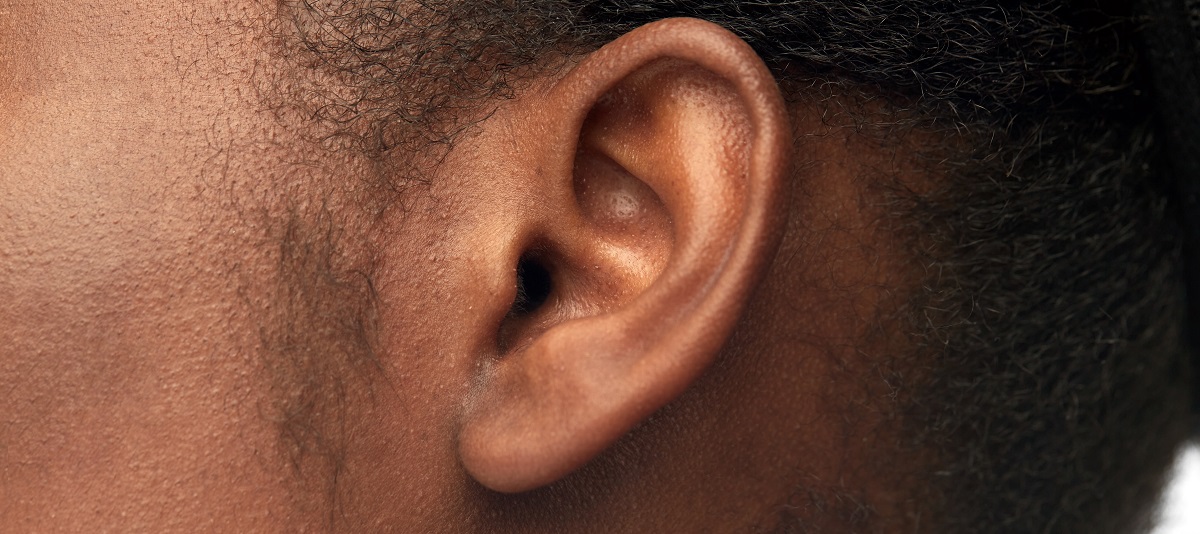A new study presented at the 2023 American Rhinologic Society, Combined Otolaryngology Spring Meeting (ARS-COSM) held in Boston, Massachusetts, May 3-5, investigated the efficacy of dupilumab on Eosinophilic Ear Polyposis. A team of researchers from Western University, Canada, presented a case of a 66-year-old man with NSAID-exacerbated respiratory disease (N-ERD) and bilateral hearing loss associated with subtotal tympanic membrane perforations and substantial aural polyps bilaterally extending into the external canal.
Eosinophilic Ear Polyposis (EEP) is a rare and chronic disease of the middle ear characterized by polypoid overgrowth that can be associated with NSAID-exacerbated respiratory disease (N-ERD). Hearing loss due to EEP can lead to significant functional impairment and challenges with amplification. Only a few studies have reported the remission of EEP with biologic treatment.
Before biologic therapy, the patient underwent three endoscopic sinus surgeries for Chronic rhinosinusitis with nasal polyps (CRSwNP) with a Draf III and middle turbinectomies in his last surgery in 2017. Moreover, his CRSwNP was well controlled with Aspirin desensitization and budesonide irrigations.
Results of pure tone thresholds before dupilumab initiation suggested a moderately severe sloping to profound hearing loss for the left ear and a profound hearing loss for the right ear. Moreover, the endoscopic view of external ear polyposis showed that the aural polyposis on the left and right sides of the ear extended significantly, building up the clear mucus that appreciated on both sides. No tympanic membrane perforation was visible on either side.
After 6 months of dupilumab treatment, significant improvements were recorded in the aural polyposis on the left and right sides, which were significantly bilaterally shortened in size. In addition, a tympanic membrane perforation was appreciated on the left side but not the right. “Dupilumab led to remarkable remission of eosinophilic ear polyposis almost immediately after beginning therapy with preservation of hearing,” the author highlighted.
The authors referred to two additional studies that reported successful resolution of EEP following treatment with dupilumab. One case report described the complete resolution of aural polyps associated with spontaneous bilateral closure of the tympanic membrane within several months, resulting in a sustained therapeutic response for 12 months.
Another observational study involving eight patients (five receiving dupilumab and one each receiving Omalizumab, Mepolizumab, and Benralizumab) demonstrated the efficacy of biologics in EEP therapy, reducing otologic symptoms. However, the polyps were unresponsive to topical and systemic antibiotic and corticosteroid therapies in both studies. The researchers concluded that biologic therapy trials should be considered for obstinate cases of EEP.
Reference:
Nebor I, Parnes, L, Sowerby L. Efficacy of Dupilumab on eosinophilic ear polyposis (EEP) associated with NSAID-exacerbated respiratory disease (N-ERD). ARS-COSM, May 4-5, 2023.







